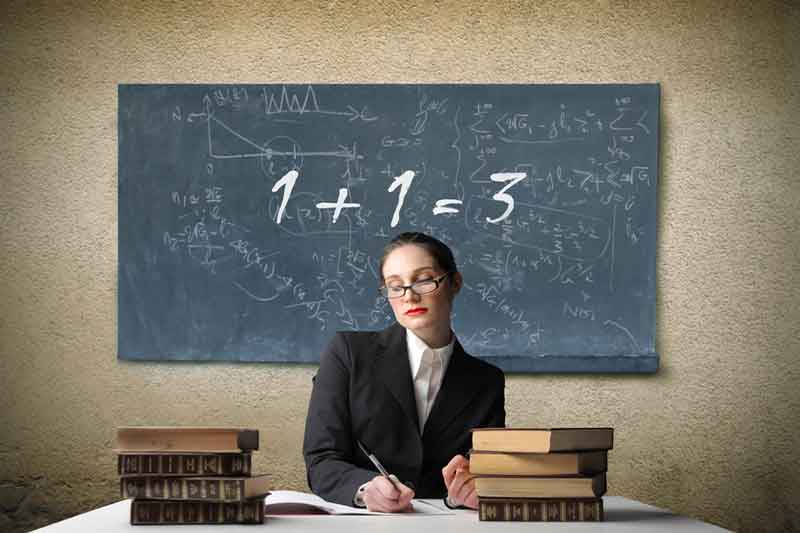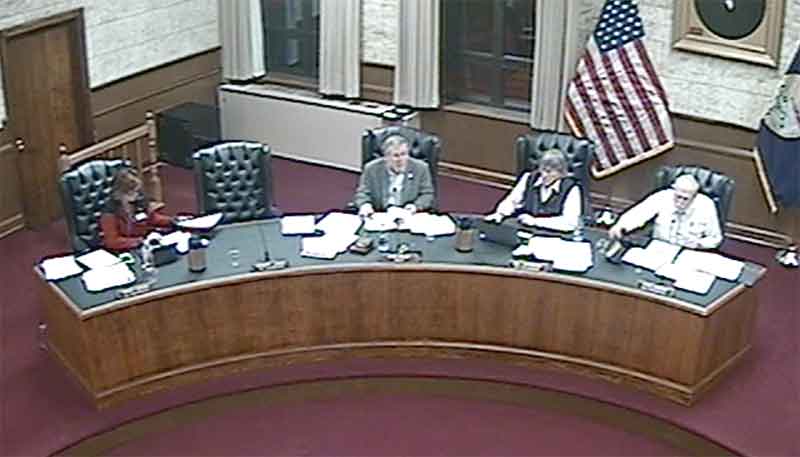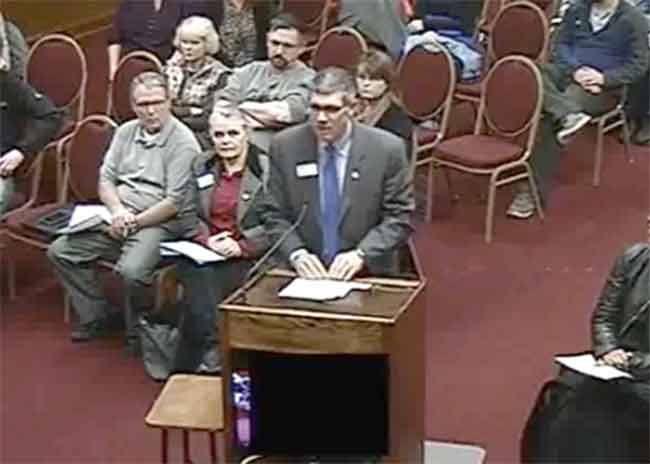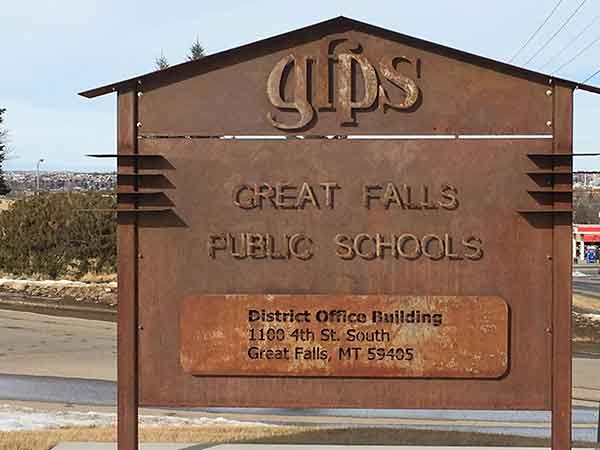Fuzzy Math Frames Issue Of GFPS Tech Spending
Something doesn’t fit. After Monday night’s budget presentation by Great Falls Public Schools, the Great Falls Tribune painted a grim picture of the District’s per-pupil technology spending compared to other AA school districts. Sarah Dettmer for the Tribune reported:
According to data collected from fiscal year 2016, Great Falls is spending $21.66 per student for technology. GFPS is the second-lowest for per-student technology spending of all the AA schools. In comparison, Kalispell spends $182.03 per student for technology and Billings spends $127.72.
However, earlier in her article, Dettmer wrote:
GFPS has a technology budget of $2,389,107. The general fund accounts for 84 percent of the budget with an additional 9 percent paid for by the district’s existing $225,000 technology levy. The remainder of the budget is paid for by the state and the E-rate rebate program. Half of the budget is allocated to pay salaries.
So, how is it that “Great Falls is spending $21.66 per student for technology”? If GFPS has a technology budget of $2,389,107 and 10,471 enrolled students (according to the slide presented by GFPS and seen below), doesn’t that mean GFPS actually spends $228.16 per student on tech — in other words, more than ten times the amount reported in the Tribune?

This disconnect exists because the formula presented by the School District, and utilized but not disclosed by Dettmer, is based solely on the technology levy amount, which, again, comprises only 9 percent of GFPS’ total technology budget. But the reporter did not reference this slide, nor did she identify what “data collected from fiscal year 2016” she used to conclude that “Great Falls is spending $21.66 per student for technology.” It’s highly misleading.
Let’s compare two statements made by local journalists and see which one is more accurate:
Sarah Dettmer’s:
According to data collected from fiscal year 2016, Great Falls is spending $21.66 per student for technology.
According to data collected in fiscal year 2016, the Great Falls Public School District has the lowest technology levy among AA schools across Montana. The district’s current permanent technology levy of $225,000 breaks down to $21.66 per student.
Roley correctly attributes the disparity to the levy amounts, whereas Dettmer omits this critical fact, allowing Tribune readers to believe that GFPS is spending barely more than $20 per kid, no matter the funding. Rather than framing an issue on just 9 percent of the data (a small sample that only benefits the School District’s position in establishing the need for a levy increase), shouldn’t journalists consider 100 percent of the relevant data?
Slide 22 from GFPS’ Monday presentation provides this necessary context. It compares total technology funding of the Great Falls and Missoula school districts. (Although interestingly, GFPS’s figure here, $2,223,748.73, does not jive with Dettmer’s stated total of $2,389,107. Whatever.) Assuming the number of total expenditures for Missoula Public Schools is correct, then Missoula’s levy of $1,623,403 comprises 55 percent of its technology budget, while GFPS’ levy makes up only 9 percent. On the other hand, Great Falls spends 90 percent from its general fund, or more than double Missoula’s 44 percent.

What this boils down to, then, is in large part a question of how school technology is funded. Even though Missoula Public Schools — a district with fewer enrolled students — faces higher taxes and a generally higher cost of living than Great Falls, GFPS can still point to comparatively less total technology funds. GFPS also has a credible argument to make in that, if voters approve a larger tech levy, that would free up hundreds of thousands (if not a million or more) of general fund dollars for other priorities.
According to Roley’s report, Tom Hering, GFPS director of instructional technology, will encourage a larger tech levy:
The district has two options for funding technology as it prepares the 2017-2018 school year budget.
It can continue using the current $225,000 permanent levy, which has no expiration. Or it can ask voters to approve a levy with a higher amount, and it would expire every 10 years. This would be a standalone levy that would get rid of the permanent levy.
Hering told KFBB he would recommend the latter in order for the district to keep up with technology needs in the district.
Perhaps the School District, if successful in passing such a levy, would then need less money from the general fund, and decline to run a separate, operational levy as a way of thanking taxpayers for approving last year’s nearly $99 million school bond.











